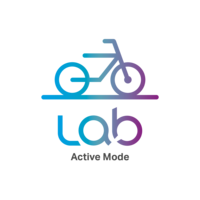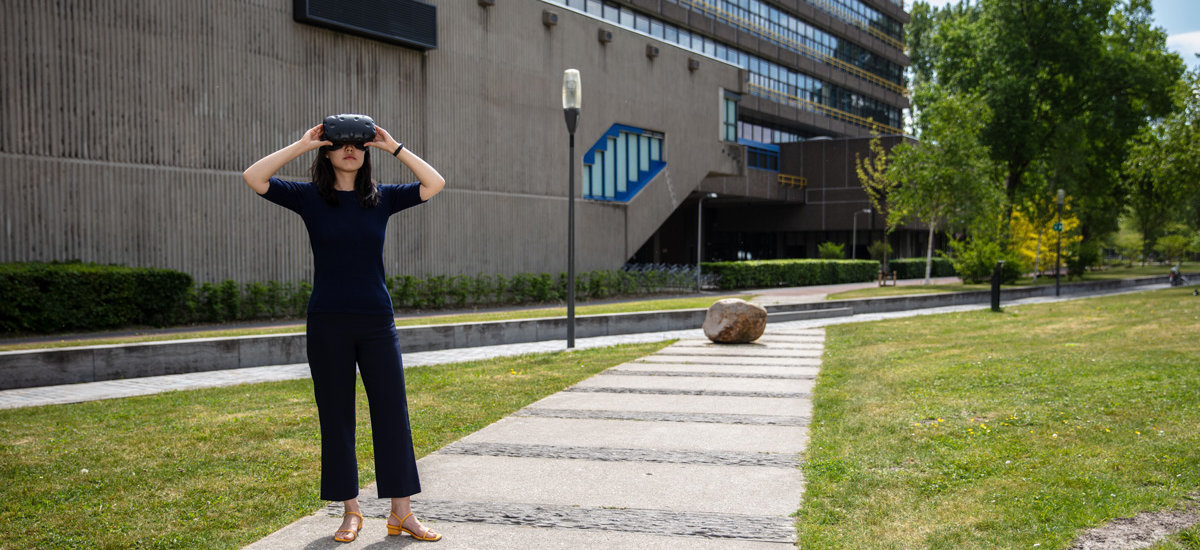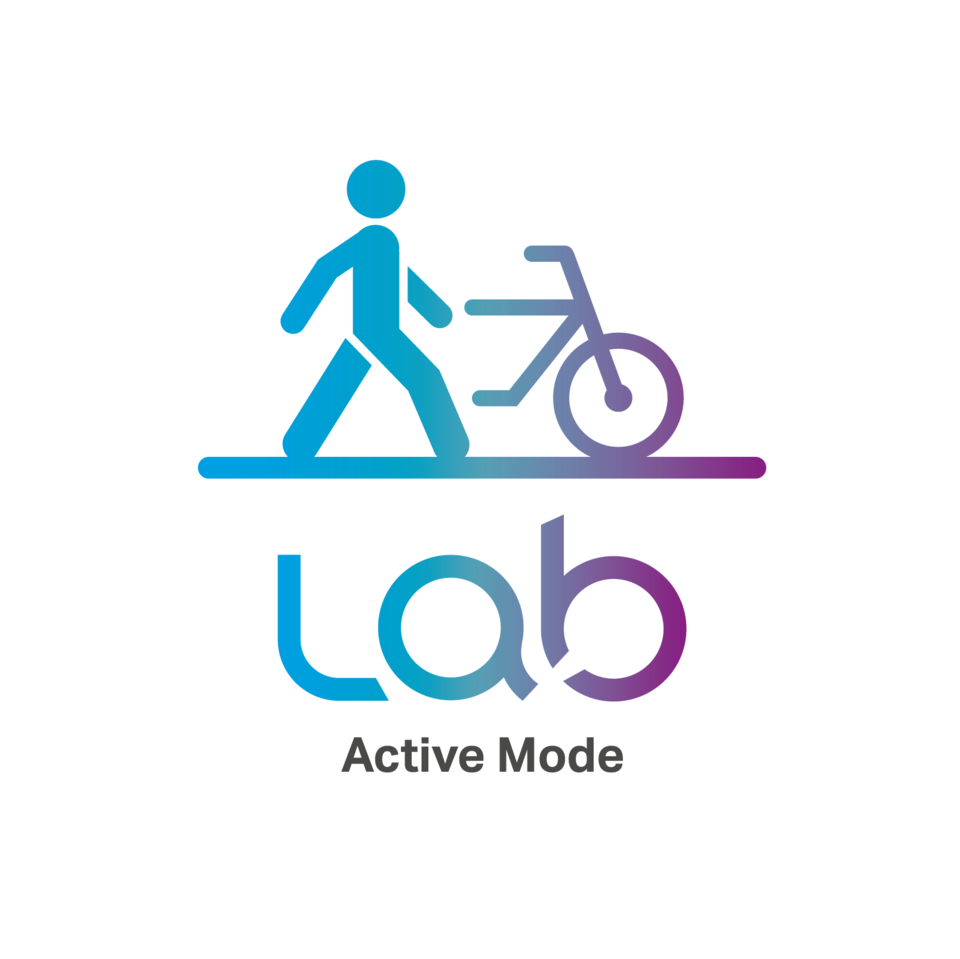Sustainable modes of transport, such as walking and cycling, are an essential to upkeep and enhance liveability of metropolitan areas. The active modes are known to the health of its users, limit noise and air pollution and improve the accessibility of cities. Understanding active mode’s travel behaviour imperative to cater for their movements and choices.
The objective of the Active Mode lab at TU Delft is to develop theories, behavioural models and methods to assess, manage and optimize active mode infrastructures. The research of the Active Mode lab covers, amongst other topics, deriving navigational and route choice strategies of cyclist, modelling cyclists’ waiting behaviour upstream of traffic lights, simulating the movement behaviour of crowds, understanding evacuation behaviour and understanding the mode choice behaviour of active mode travellers.
The research conducted at the Active Mode lab uses (big) data analysis, discrete choice modelling, microscopic pedestrian and cyclist simulation and field experiments to study the movement and choice behaviour of pedestrians and cyclists. Essential to our lab’s approach is the foundation of our research in practice and field observations.









